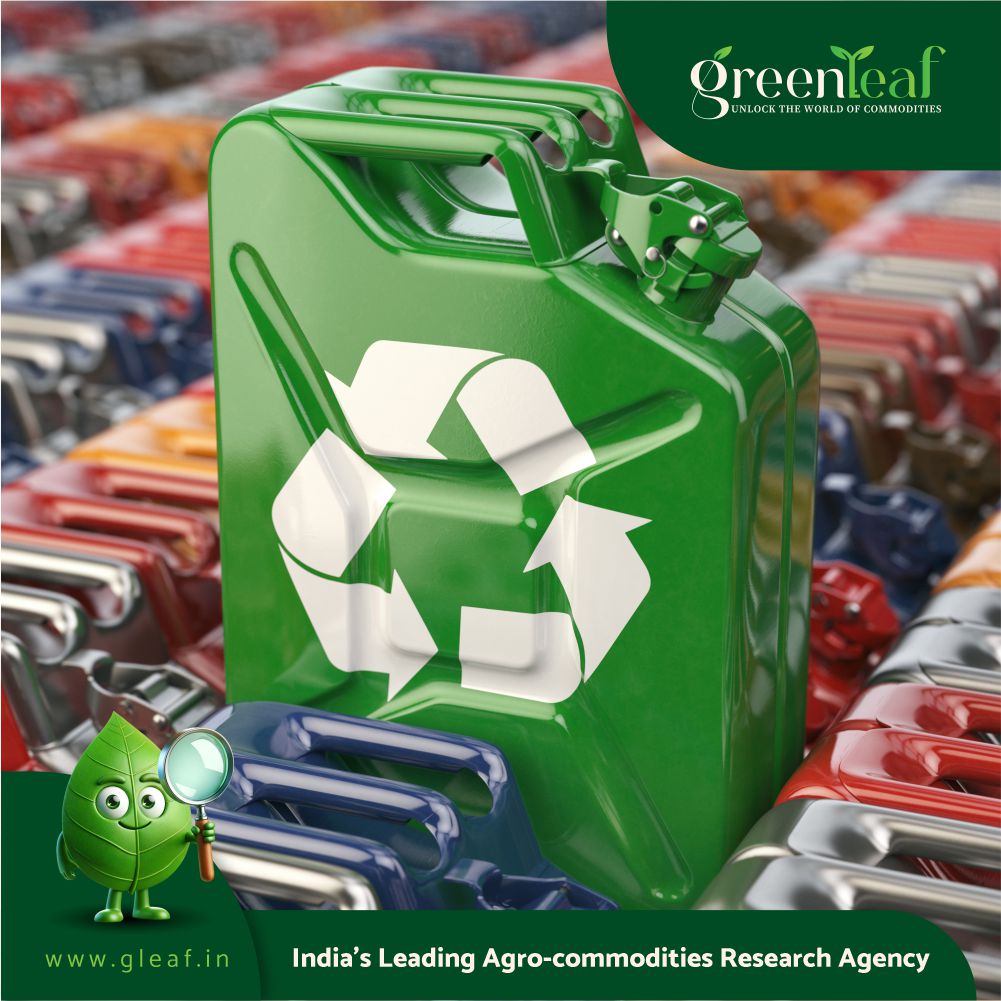Indonesia’s biofuel industry is encouraged to take advantage of a massive surplus of molasses − an underutilized sugarcane by-product − with the potential to significantly boost domestic ethanol output.
The Indonesian Association of Spirit and Ethanol Producers (APSENDO) reveals that around 1 million tons of molasses remain unused, despite national production reaching 1.9 million tons in 2025. Only 900,000 tons are currently being absorbed by industry.
“Every four kilograms of molasses can produce one liter of ethanol. This means there is a potential 250,000 kiloliters of unoptimized ethanol, outside the food sector,” APSENDO chairman Izmirta Rachman said during the Bloomberg Technoz Ecoverse 2025 discussion on Thursday, November 20, 2025.
He highlighted Indonesia’s weak molasses export performance, which has remained sluggish due to the absence of a structured trading system. As a result, excess molasses often accumulates at farms and sugar mills.
Another challenge, he noted, is that processing facilities capable of using molasses are mostly concentrated on Java, creating distribution hurdles for farmers and mills in other regions.
With abundant raw materials, stagnant exports, and limited absorption in both energy and non-energy sectors, Izmirta emphasized that molasses should be leveraged more aggressively as a biofuel feedstock. APSENDO is also proposing the removal of excise tax on fuel-grade bioethanol.
“Because the excise is Rp20,000 per liter, it makes Pertamax Green about Rp1,000 more expensive,” he said.
Eliminating the excise, he argued, would boost public uptake and ease the burden on industry.
Putra Adhiguna, Managing Director of the Energy Shift Institute, pointed out that Indonesia still faces multiple issues in utilizing molasses effectively − from oversupply to unexpected imports, as well as concerns about deforestation linked to agricultural expansion. He said the surplus highlighted by APSENDO should serve as a starting point for strategic action.
“Use what we already have first, then discuss everything else,” Putra said.















